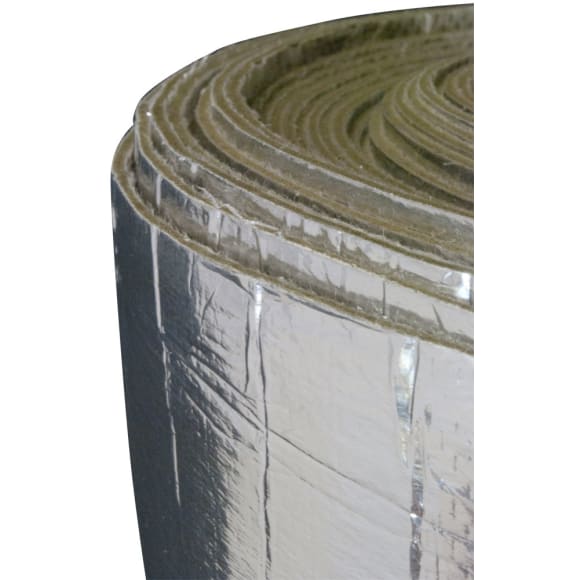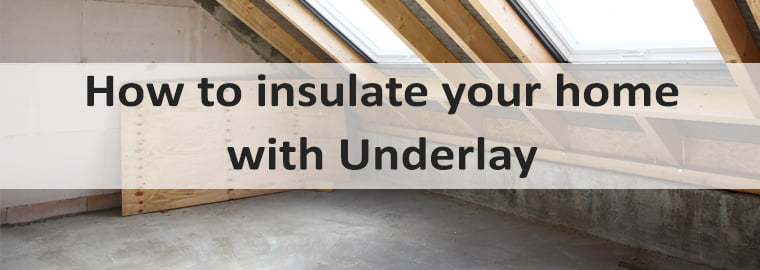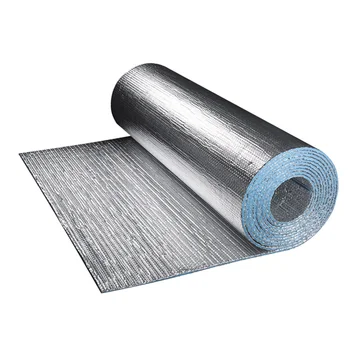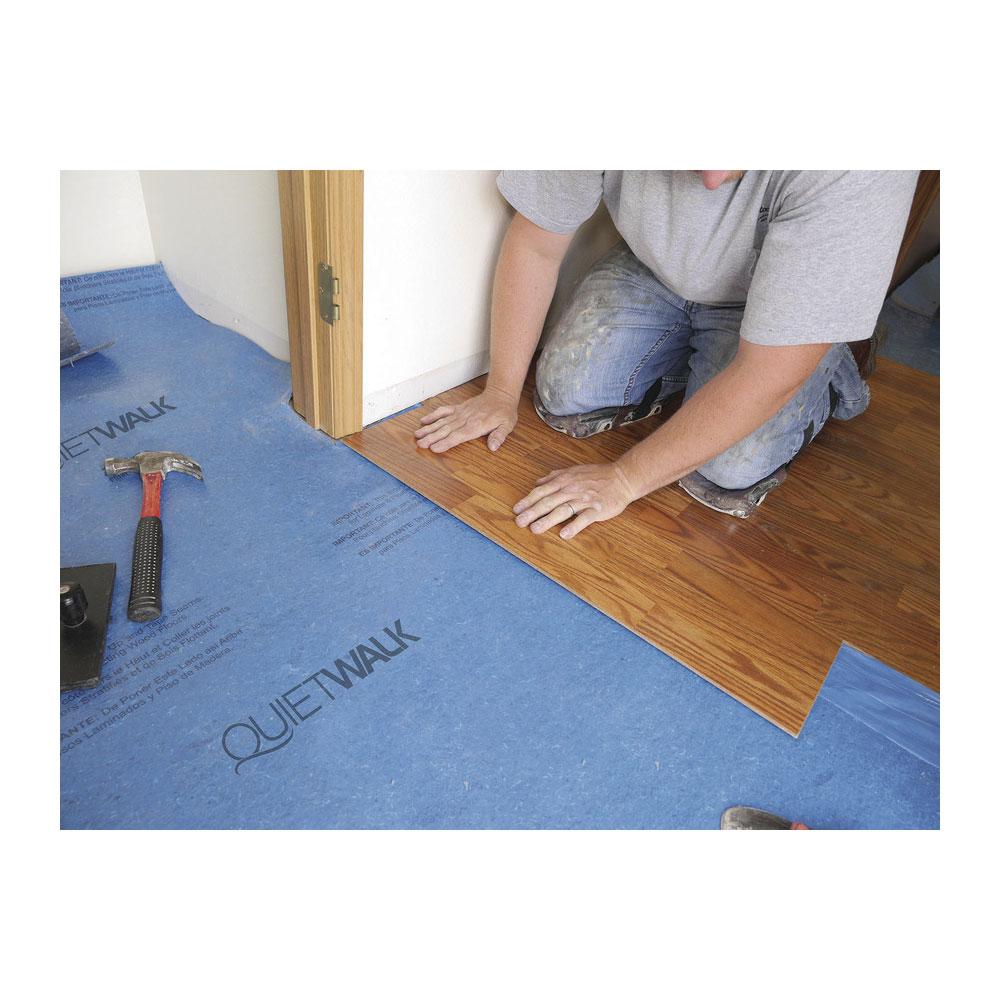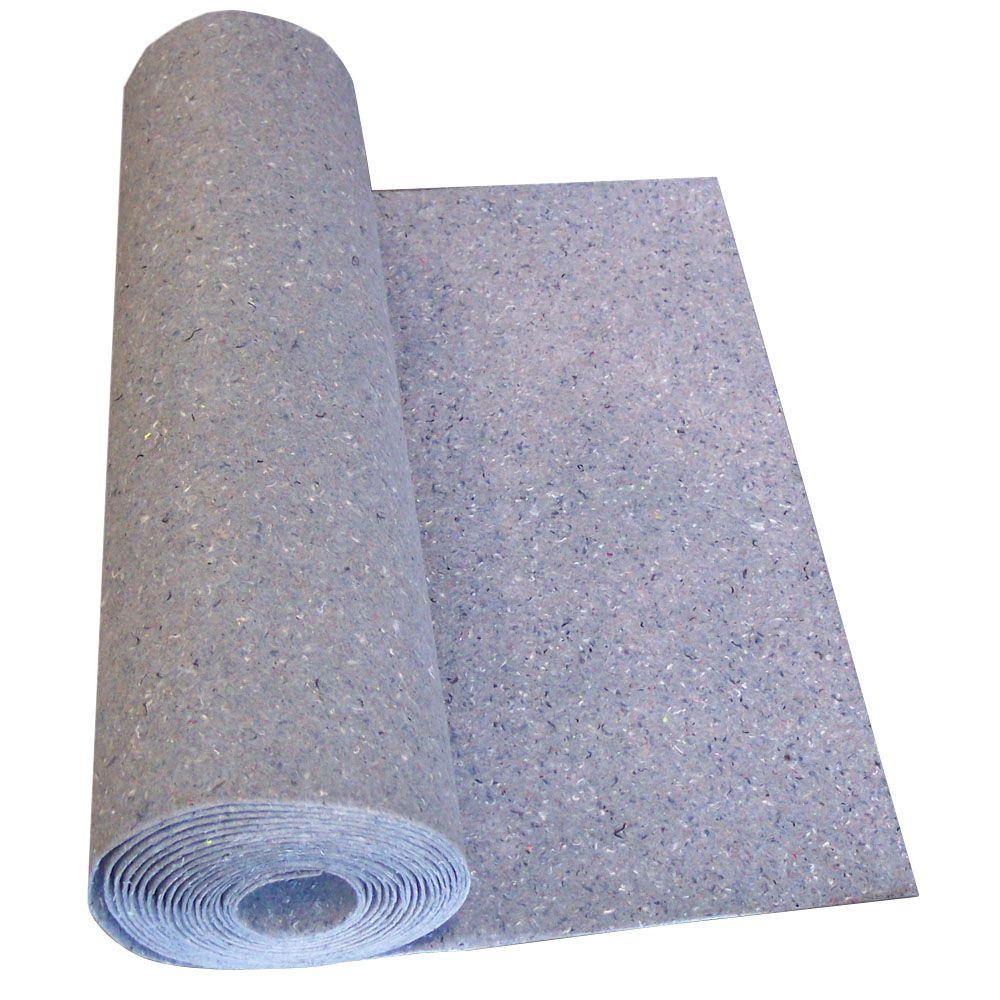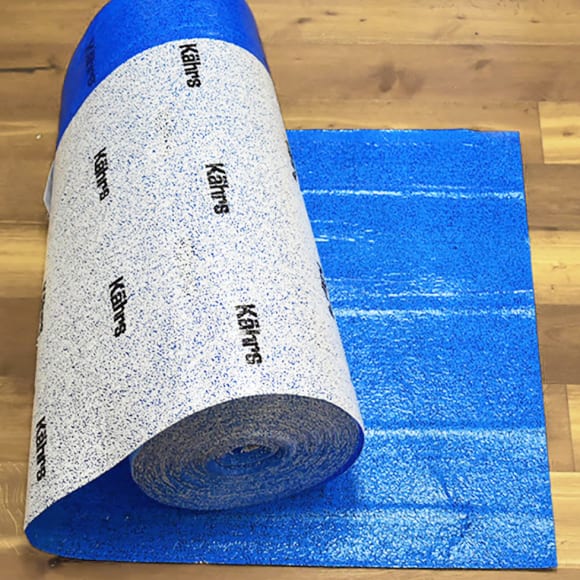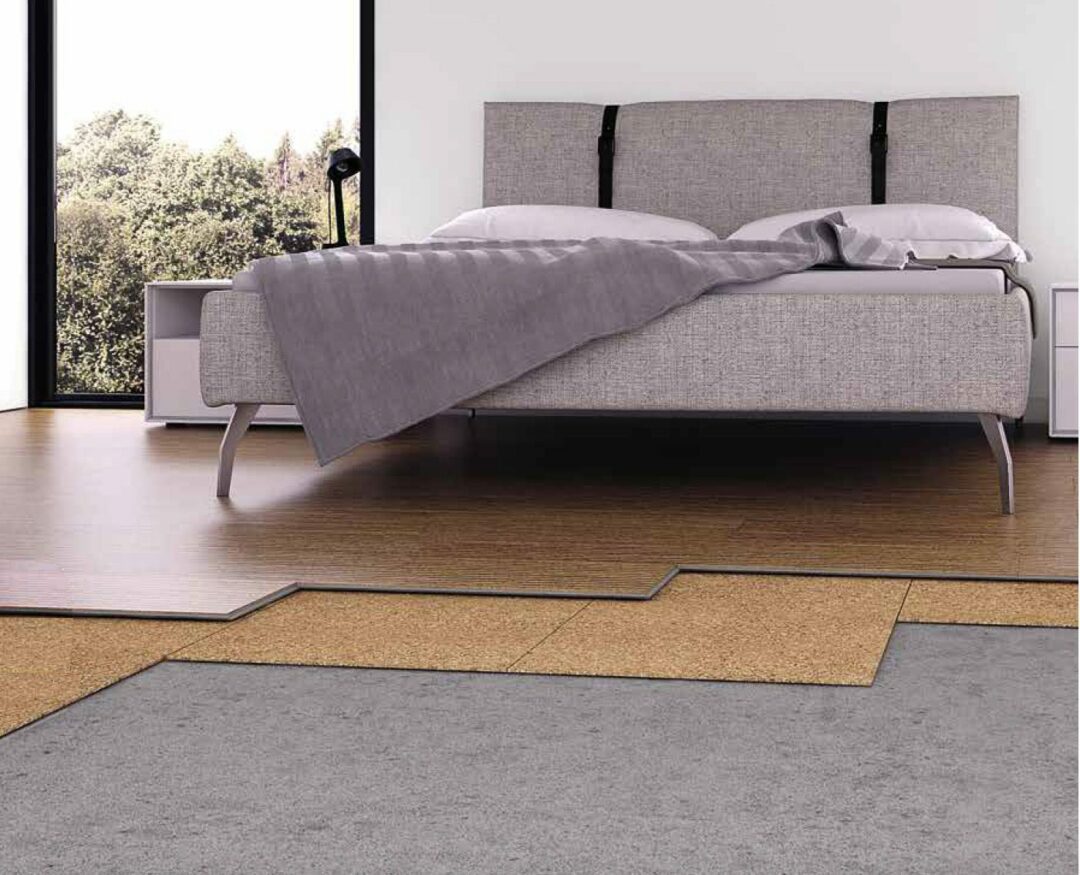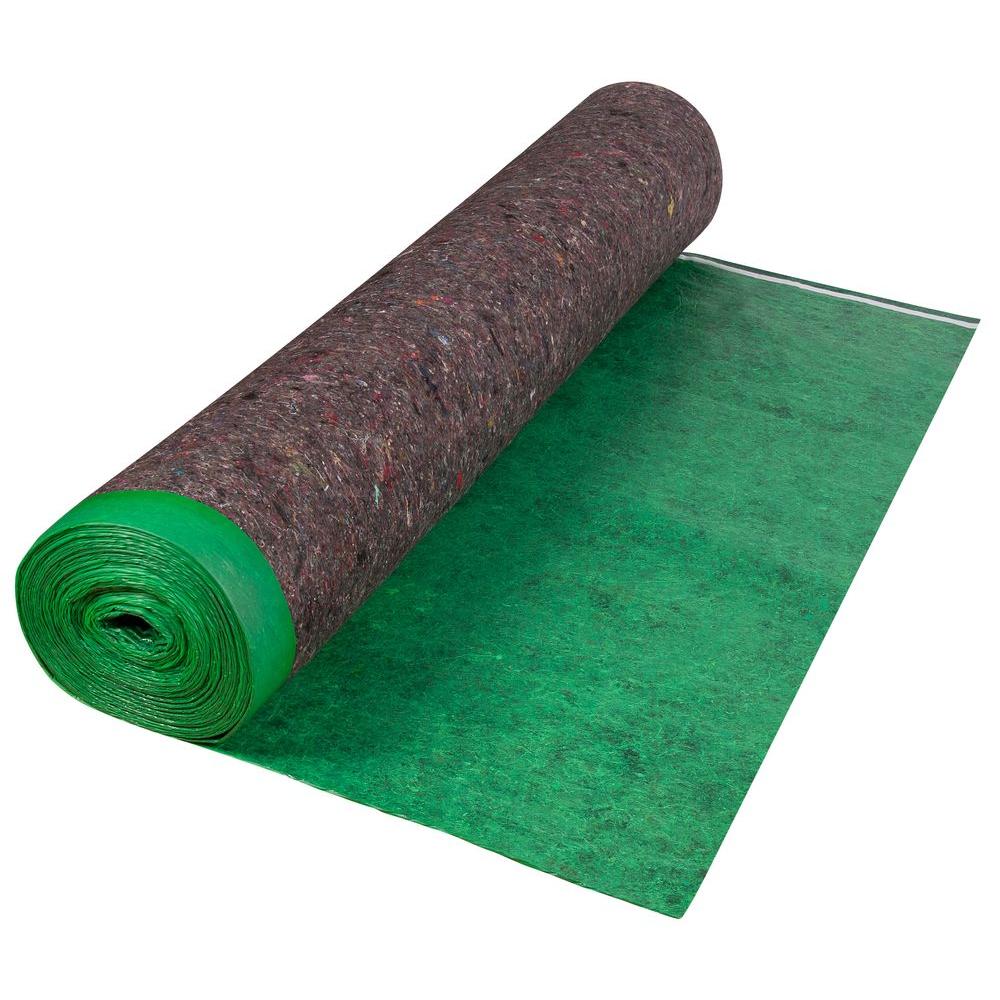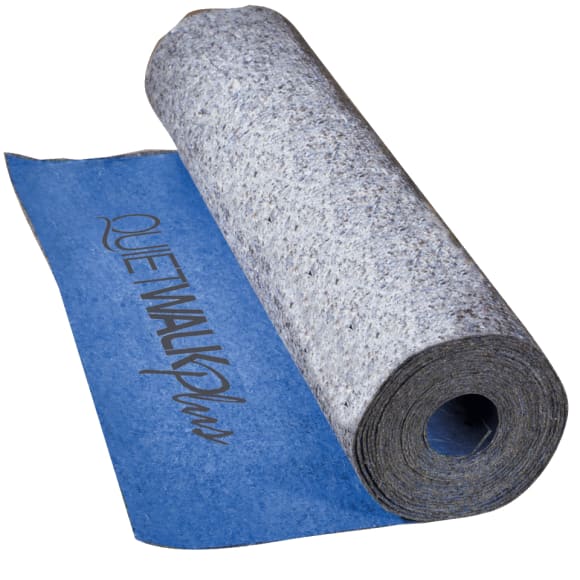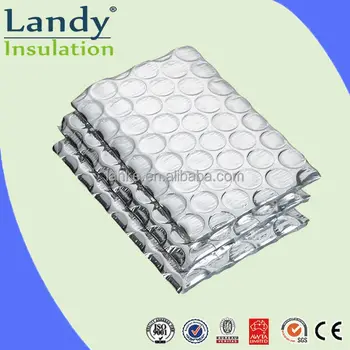A home s flooring influences how warm and cool it is over the changing seasons.
Does adding insulation underlayment for carpet help with temperature control.
It serves a number of uses such as insulation acoustics support and comfort.
It also provides better thermal insulation helping to keep your room temperature where you want it.
Adding underlayment will help give a softer feel underfoot.
Place carpet underlayment along the snap line cut the adjacent piece trim it and place it adjacent to the first piece.
Apply adhesive perpendicular to the seams.
Carpet the greater the thermal insulation provided.
Despite adding insulation in my attic my house gets extra cold and i could feel the cold ceiling suggesting that the attic insulation wasn t enough.
For homes without basements and those with unheated cellars adding insulation can bring heating costs.
Unfortunately adding insulating underlayment under vinyl flooring will cause the flooring to be unstable.
Fold each piece in half and apply the mastic to the area under the carpet underlayment using a 0 125 v notched trowel.
A concrete subfloor is porous so moisture tends to be a concern in areas such as basements.
Carpet can help to reduce energy costs in heating and cooling when there is a temperature differential between the indoor air and that under the floor.
The easy to use fan fold underlayment covers 100 square feet per pack and lays flat when you install it unlike traditional rolled underlayment which will curl back when you unroll it making installation more difficult.
If you are thinking about thermal underlayment for vinyl flooring this might cause instability to the flooring.
Most carpet padding consists of polyurethane foam the same stuff that s in furniture mattresses and even car seats.
Carpet padding is usually a foam underlayment specifically designed for installation under broadloom carpet.
Underfloor insulation can take a variety of forms.
While insulating these areas is important homeowners can also save money on their heating and cooling costs if they insulate the space under their floors.
Because vinyl flooring isn t made from wood products it does not have the same structure that laminate flooring does.
Opt for a moisture barrier to prevent any moisture from getting trapped between the subfloor and your vinyl flooring.
For example a plain concrete floor loses more heat compared to a floor.
I have a big chunk of carpet underlayment the padded material made of some form of polymer which i think can act as insulation.
So when carpet is installed over underlay or carpet cushion further increases in thermal insulation are obtained.
It is not recommended to use underlayment for vinyl flooring.
Vinyl floors provide you with insulation but thicker underlays can retain more heat.
